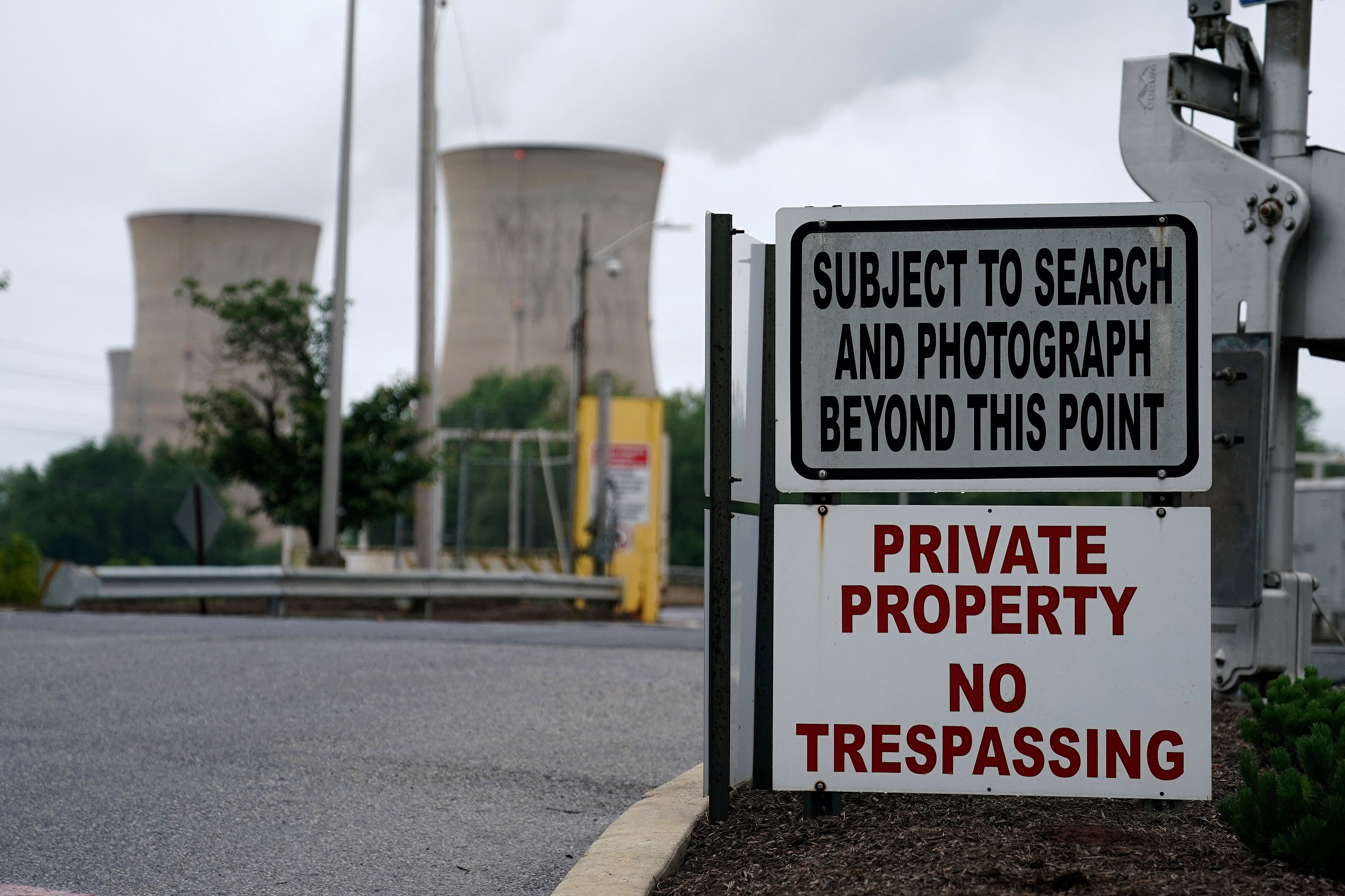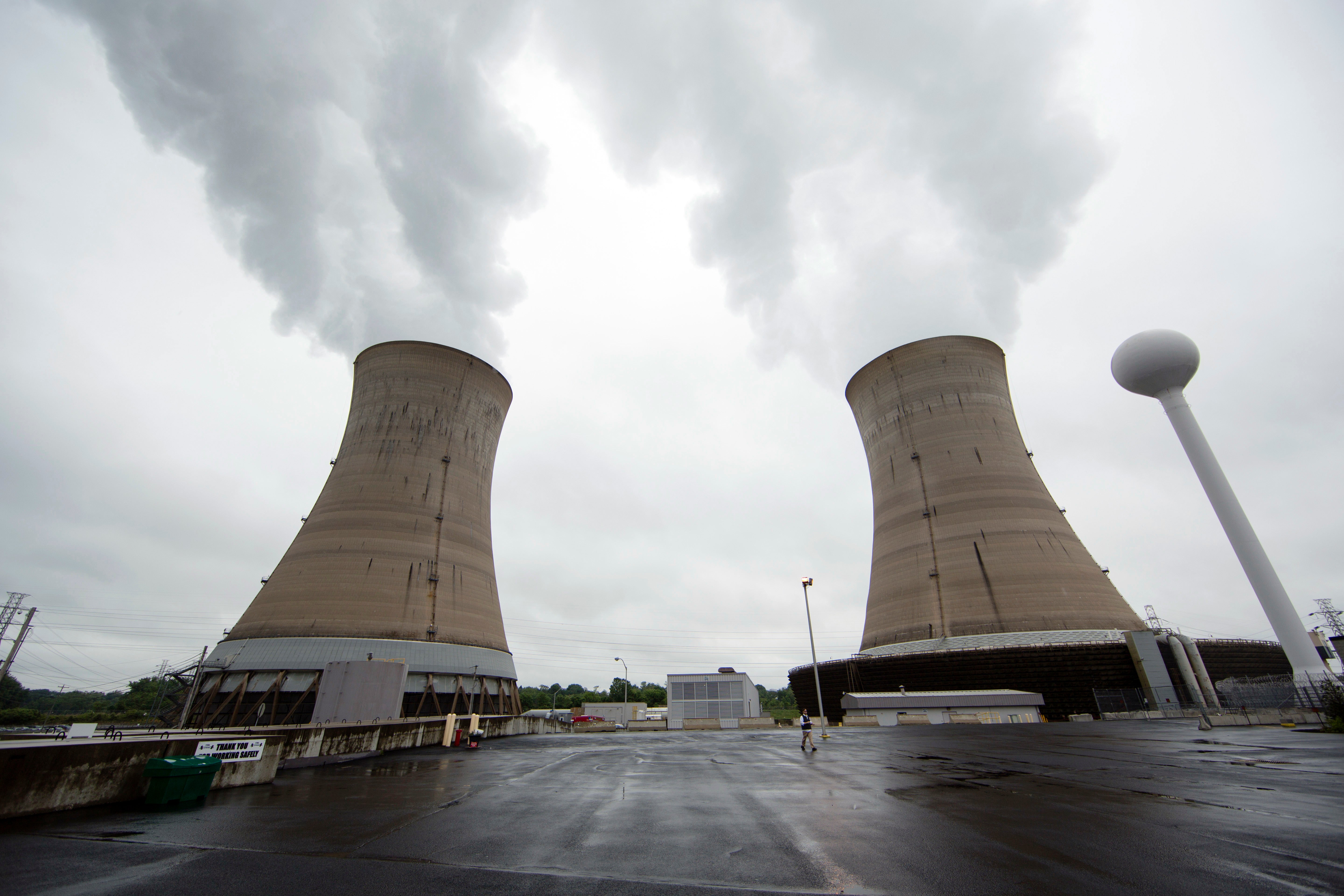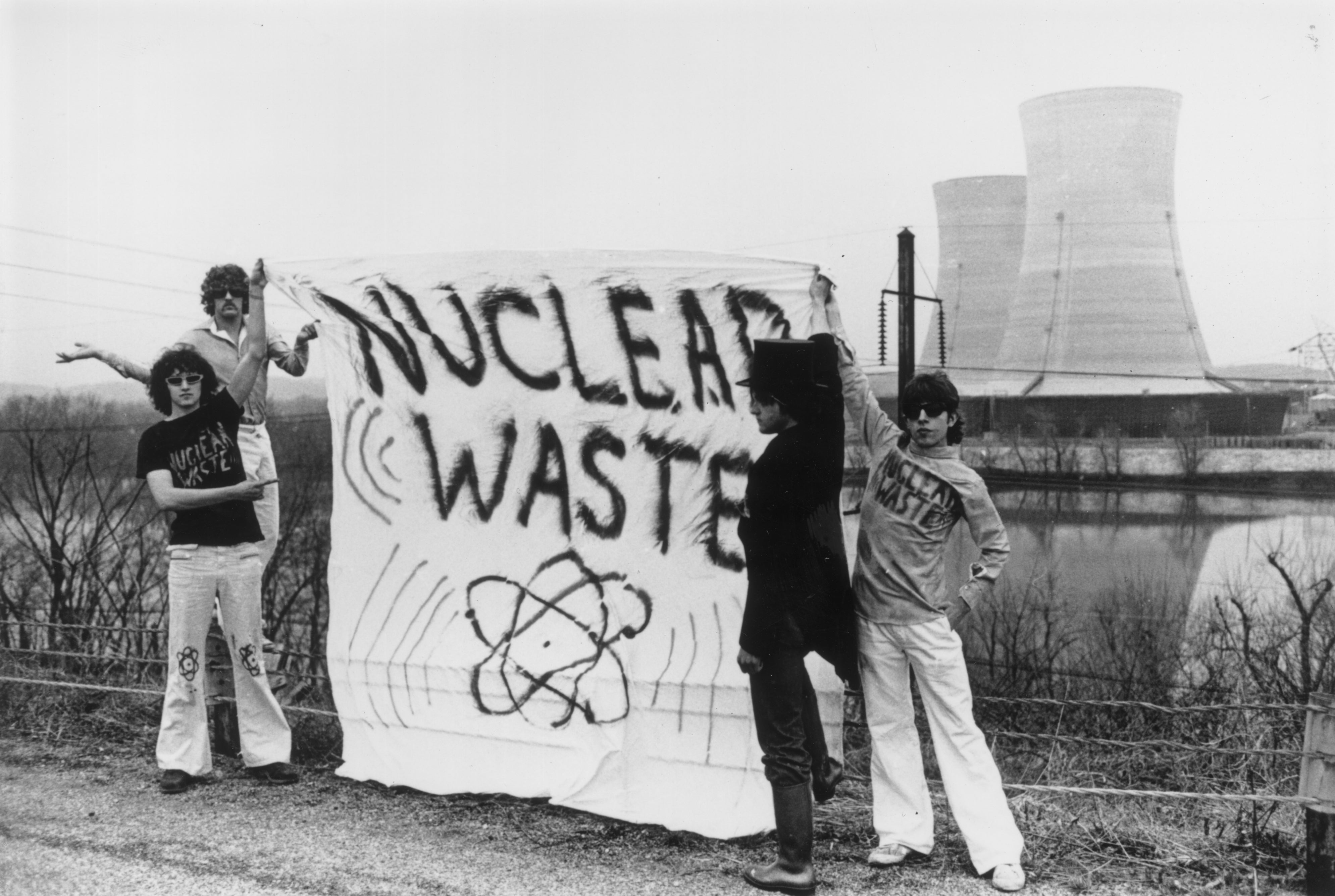Three Mile Island nuclear plant, site of worst US reactor accident, to reopen for Microsoft
The Pennsylvania plant will provide ‘clean energy’ for Microsoft’s AI data centers
Pennsylvania’s Three Mile Island nuclear plant will be reopened by 2028, Constellation Energy announced Friday. The plant is the site of the nation’s worst reactor accident in history.
The move is part of a major deal with Microsoft, which will use the site to help power its future artificial intelligence development and energy-hungry data centers. The tech giant has agreed to buy as much power as it can from the plant for 20 years. It had already bought energy from the Maryland-based Constellation to feed one data center in Virginia.
Microsoft and others have been looking for a carbon-free, climate-forward solution to their energy needs. Nuclear power is considered to be “clean” energy as it does not create greenhouse gas emissions that fuel the planet’s warming.
"This agreement is a major milestone in Microsoft’s efforts to help decarbonize the grid in support of our commitment to become carbon negative," Bobby Hollis, Microsoft’s vice president of Energy, said in a statement.

Should it be approved by regulators, the plant’s TMI Unit 1 reactor would provide the company with enough carbon-free energy to power more than 800,000 homes. To do that, it will be restored, refurbished, and renamed the “Crane Clean Energy Center,” after one of Constellation’s parent company’s past leaders, Chris Crane.
The power-purchase agreement comes after Constellation had said it was exploring options for restarting the plant over the summer.
Five years ago today, the plant’s Unit 1 was “retired prematurely for economic reasons,” Constellation said, but had employed more than 600 workers and 1,000 craftspeople who supported the plant’s refueling outages, allowing for detailed inspections and upgrades.
Joe Dominguez, Constellation’s president and chief executive, said that before its closure in 2019, the plant was “among the safest and most reliable nuclear plants on the grid.”
Unit 1 is located adjacent to Unit 2, which suffered a partial meltdown on March 28, 1979, forcing thousands of nearby residents to flee and bringing sweeping changes related to oversight and emergency response. There were negligible health effects from the accident. That unit is in the process of being decommissioned by its owner, Energy Solutions. The long-term operation of Unit 1 was not impacted by the accident.

Constellation said public support for the plant’s restart is “strong,” citing a statewide poll but Penn Live reported on protests outside the plant’s gates in August. Constellation also committed to giving a million dollars to the region over the next five years.
“The company had a strong relationship with Middletown and the surrounding communities over the 20 years that it operated the plant, with public safety as its No. 1 priority,” it said, noting that restarting the plant will generate more than $3 billion in state and federal taxes and add $16bn to the state’s economy.

“Under the careful watch of state and federal authorities, the Crane Clean Energy Center will safely utilize existing infrastructure to sustain and expand nuclear power in the Commonwealth while creating thousands of energy jobs and strengthening Pennsylvania’s legacy as a national energy leader,” Democratic Gov. Josh Shapiro said.
Restarting the reactor will require permission from the U.S. Nuclear Regulatory Commission, following a safety and environmental review. The companies also need permits from state and local agencies. Constellation also said it will pursue a license renewal to extend its operations to at least 2054.
No US nuclear power plant has come back into service after it was decommissioned.
Join our commenting forum
Join thought-provoking conversations, follow other Independent readers and see their replies
Comments
Bookmark popover
Removed from bookmarks